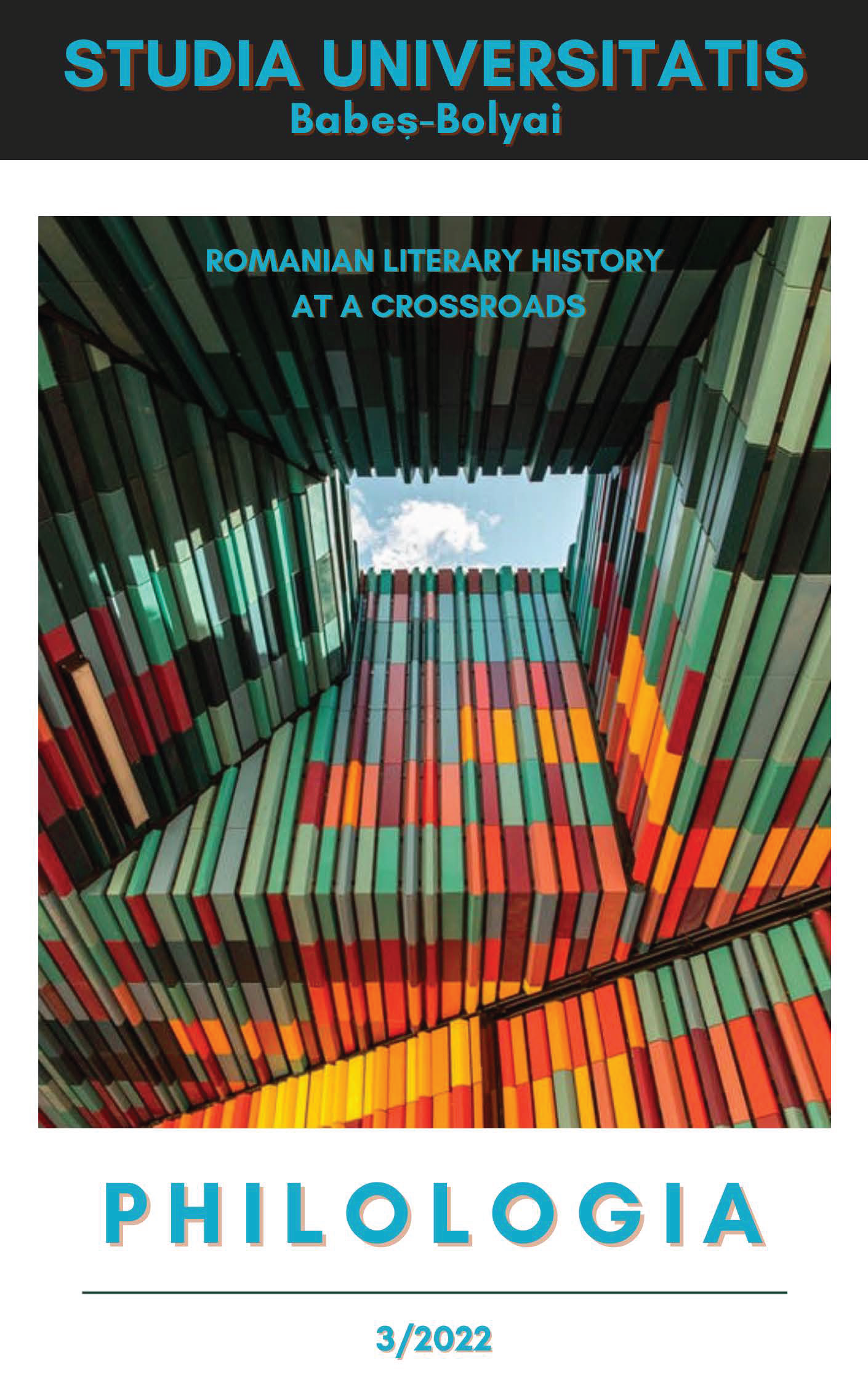WORLD HISTORY, LITERARY HISTORY: POSTMODERNISM AND AFTER
WORLD HISTORY, LITERARY HISTORY: POSTMODERNISM AND AFTER
Author(s): Christian MoraruSubject(s): Cultural history, Theoretical Linguistics, Epistemology, Recent History (1900 till today), 19th Century, Ontology, American Literature
Published by: Studia Universitatis Babes-Bolyai
Keywords: literary-cultural history; criticism; postmodernism; post-postmodernism; presence; epistemology; strong ontology; David Foster Wallace; Infinite Jest; Trumpism; geophobia; Anthropocene; après-garde;
Summary/Abstract: The basic question Christian Moraru raises in his contribution is about the direction in which literary history and criticism overall may be going after postmodernism. Moraru’s answer, or guess, is that literary-cultural scholarship, along with the humanities at large, would probably have to adjust to shifts in the world “out there.” As Moraru contends, our profession is already doing its best to catch up epistemologically with an increasingly strong planetary ontology, that is, with how the world most known to us—the finite planet—is and presents itself in the twenty-first century. Key here, he argues, is the lexicon and planetary phenomenology of “presentation” or presencing, rather, of an overwhelming coming into presence of that which is scattered all around us and we have been exploiting, overusing, polluting, discarding, or disregarding during the Anthropocene. In his essay, the critic attends to this resurgent presence and to what it means for literature and its historical cycles now that one of these—postmodernism—is basically complete. He does so obliquely, through a couple of marginalia to David Foster Wallace’s 1996 meganovel Infinite Jest.
Journal: Studia Universitatis Babes-Bolyai - Philologia
- Issue Year: 67/2022
- Issue No: 3
- Page Range: 93-106
- Page Count: 14
- Language: English

